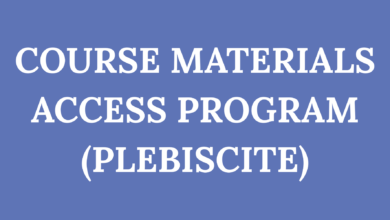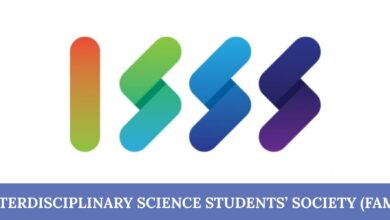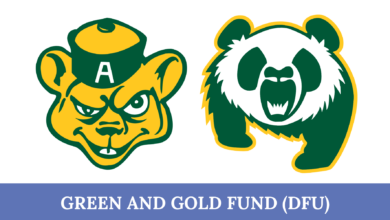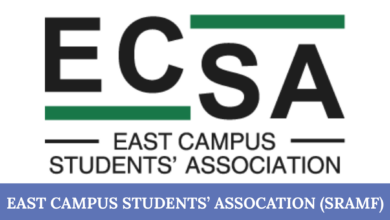Be Book Smart Fair promotes textbook alternatives in SUB
The event was conceived to raise awareness about financial barriers posed by textbook prices
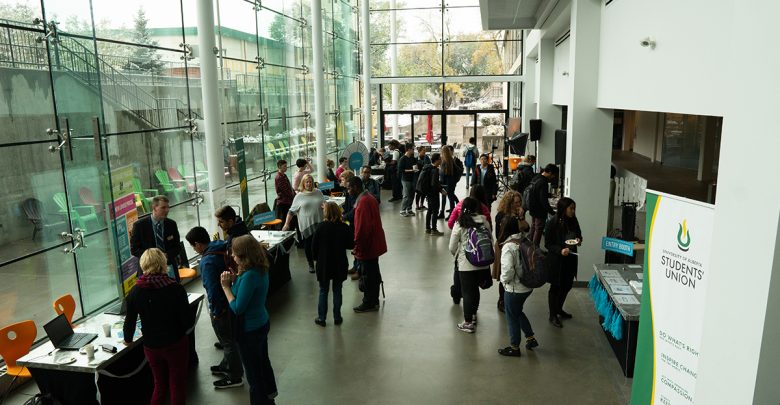 Richard Bagan
Richard BaganStudents, staff, and faculty came together at the Students’ Union Building atrium to discuss textbook affordability and open education resources at the Be Book Smart Fair.
The Be Book Smart Fair on September 13, organized by the Students’ Union, contained a range of interactive booths led by U of A staff and student volunteers to educate participants on affordable non-traditional textbook alternatives. Free coffee and doughnuts were also available.
SU vice-president (academic) Akanksha Bhatnagar said she conceived the event to raise awareness about the financial barriers many students face when trying to access textbooks and other educational resources on campus.
“I feel like many students don’t have the language to talk to their professors about [textbook] affordability,” Bhatnagar said. “The hope is that by coming to this fair they can learn how to talk to professors about more affordable options like course packs, using older textbook editions, and open access online resources.”
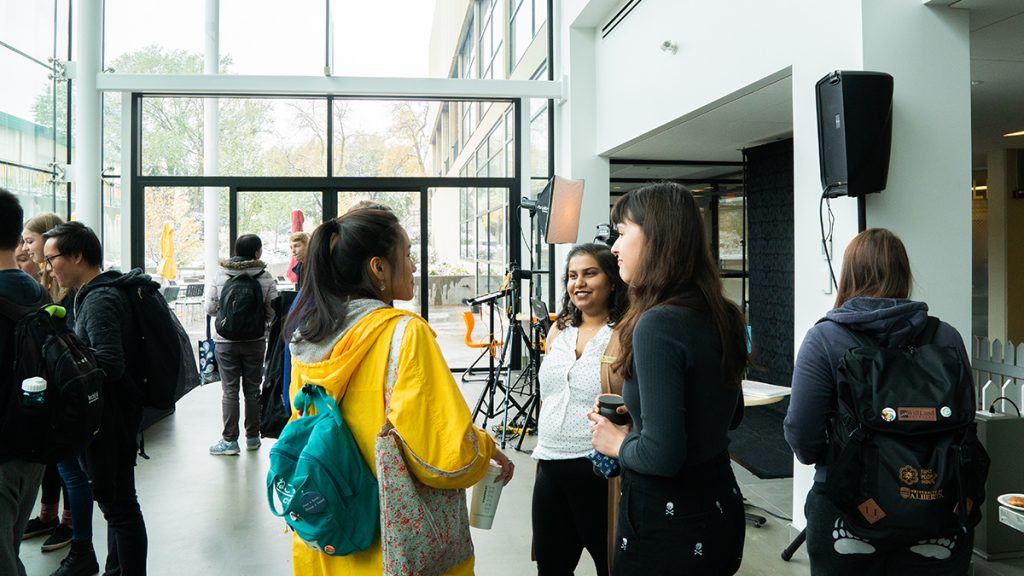
The event had six booths highlighting different ways students can save money on textbooks. According to Bhatnagar, over 200 participants attended the event.
One booth on Canadian copyright laws described how students can legally photocopy small excerpts of a textbook for study purposes under the Canadian “fair dealing” exemption.
Other booths showcased open education online resources ranging from art history to physics, all available to students and instructors free of charge.
Several students described attending the fair as an “educational experience” and that the options they learned about, including using online resources, borrowing texts from the library, and buying eBooks instead of print copies, would help them save money in the future.
“Especially for me as a first-year international student I have no idea what’s going on at the university. It’s nice to learn about the different options we have,” said first-year science student Celine Mayeko-Coklee.
“I just learned about several online resources that are much cheaper than textbooks,” she added. “So instead of buying a textbook for a class, I can go online instead to find extra resources if I need it.”
First-year arts student Jacob Wasylenko said he spent over $500 buying textbooks this semester and will be considering other options in the future.
“I learned a lot of stuff at [the fair],” he said. “I didn’t know how cheap SUB printing is and that you can photocopy [sections of a library book] for study purposes and not be infringing on anything. I’ll probably try that in the future.”
While most students said they enjoyed the fair, some added that the small space made it “crowded” and would have preferred if the fair was hosted elsewhere.
“I think they should move it to a bigger location,” Wasylenko said. “If I didn’t happen to pass by SUB I probably would have missed it.”
Bhatnagar said the SU will be working to collect feedback from participants in the following weeks to determine what could be improved and whether they may host a similar event in future years.
“The hope is that this does become an annual event,” Bhatnagar said. “But we want to hear back from students first. We never want to host events that students don’t think are important.”

